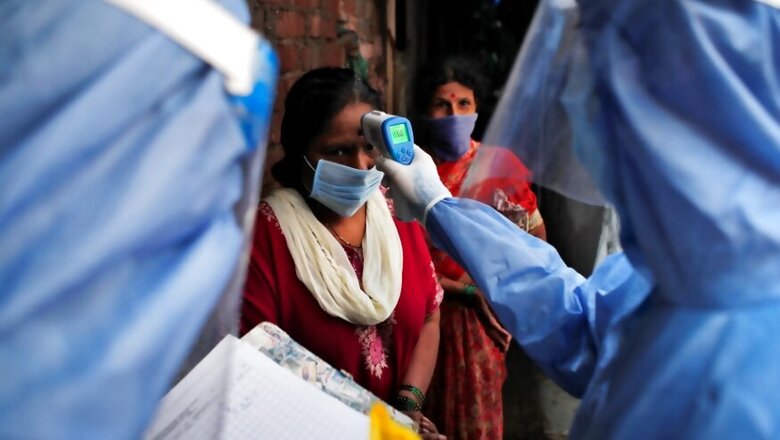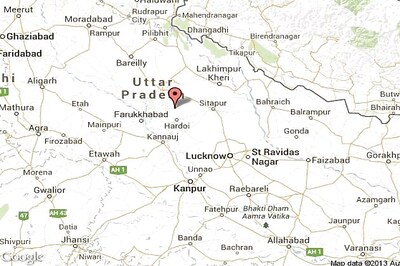
views
The Brihanmumbai Municipal Corporation’s (BMC) first sero-survey study, carried out in three wards of the city, has found that 57% of the respondents who were exposed to coronavirus were from slums and 16% of those exposed were from residential housing societies. The prevalence of the infection was found to be marginally higher in women compared to men and the results also suggested that asymptomatic infections were likely on the higher side.
The survey took place in Chembur, Matunga and Dahisar areas for almost 14 days in the first half of July and samples were collected from 6,936 people from the general population in slum and non-slum areas, a note issued by the BMC said on Tuesday. Participants were recruited following informed consent and the aim of the survey was to look for IgG antibodies that can be detected in the body almost a fortnight after the infection.
The survey was jointly commissioned by central government policy think-tank NITI Aayog, BMC and the Tata Institute of Fundamental Research.
Both Chembur and Matunga are areas that are home to densely populated slums where there is little scope to maintain physical distancing.
According to the BMC’s note, higher prevalence in slums could be due to population density and shared common facilities such as toilets and drinking water sources.
“Taking together the current prevalence (estimated here) and records from BMC on reported deaths, the infection fatality rate (IFR) is likely to be very low (0.05-0.10%). Among others, this could be attributed to effective containment efforts and active measures to isolate symptomatic cases by MCGM,” it said.
The lower prevalence of the coronavirus infection in residential housing societies could be due to better physical distancing and access to better hygiene, the BMC said.
“These results will be valuable to learn more about herd immunity. Although it is still unclear what level of prevalence leads to herd immunity, findings indicate that at least in slums this could be attained sooner than later, if the immunity exists and persists in a significant proportion of the population,” it said.
This is the first sero-survey to take place in Mumbai that provides insights into the spread of the infection. The country’s financial capital saw a major spike in cases between April and May and has reported 1,10,182 cumulative cases so far, of which 21,812 are active cases. 6,132 people have died so far.
The survey comes close on the heels of the sero-prevalence survey done in Delhi by the National Centre for Disease Control along with the Delhi and central governments. The Delhi survey had found out that nearly a quarter of the city’s population was estimated to have been exposed to the infection.



















Comments
0 comment